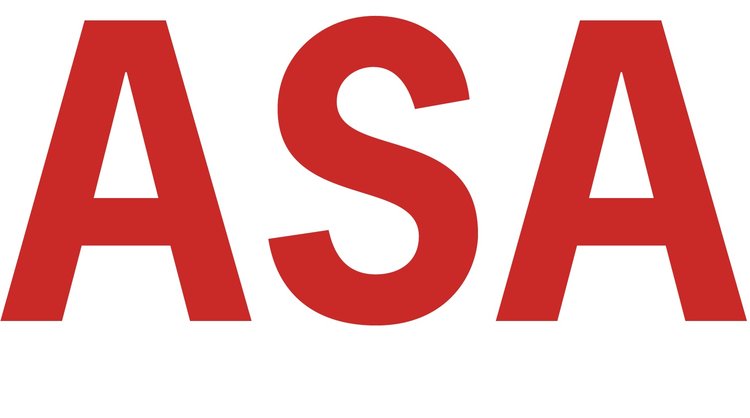I was reminded recently of the variety of positions I’ve held in my career and was asked to say how they contributed to my world view. My early career was spent primarily in public institutions – at a university writing program, for an antipoverty program, an art museum, a university visual studies program, on a newspaper, and in public television -- with opportunities to bite off larger chunks of responsibility and define how the work was done. I became a student of each of these organizations, reading, writing, and thinking my way to mastery of the work. In each case, the mission of the institution was ambitious, and part of my job was to articulate that mission for others. In each case, when the work became too predictable or routine, I moved on.
Co-founding and operating Delphi, a computer hardware company, for 15 years never became predictable or routine, but it was exhausting. I sold the company and moved into the banking sector, where I was able to utilize my hard-earned business and technology expertise. I became a senior executive at Washington Mutual Bank. In addition to the chunks of responsibility I was given at the bank, I was also offered the opportunity to work on broader scale initiatives with colleagues from government and from other banks. Though I loved many aspects of the work, the bank’s values had begun to change as it continued to grow. I have written about the bank’s decline into bankruptcy elsewhere.
I left the bank in the spring of 2009, and formed ASA, my own small risk advisory firm, which I operate today and through which this newsletter is published. After I began teaching at the University of Washington in 2012, I scaled back the consulting side of the practice to pro bono projects only and focused on growing the publications side of the business through the ASA Institute for Risk and Innovation.
My students often ask for advice, especially this time of the year, and here’s a summary of what I recommend.
Be clear. Politeness or obfuscation can cause misunderstandings. It is more efficient to be clear.
Don’t gossip. Idle speculation or sharing third hand comments about another is damaging.
Be consistent. Your colleagues or your staff should be able to understand decisions that you make and practices that you observe. If incidents suggest they do not understand, consider how to make your expectations clearer.
Be truthful. Become known for delivering an assessment even-handedly, even when it’s bad news.
Respect excellence. Aristotle said, “Excellence is a repeatable habit.”
Ask questions. Be sure at the outset that you understand the context in which you are operating.
Do not fear criticism. Your value as a team member or as a leader rests in your ability to dispassionately assess a situation or a proposal, and to offer a mitigation where possible.
Say thank you. The ability to thank people indicates that you are aware of others’ contributions. Be sure you let the person know what you are thanking them for.
Give back. Most companies have volunteer opportunities available with nonprofit organizations. Such programs are a great way to get to know other employees. Volunteer, and you will find that you always get back more than you give.
You’re in charge. Your career is your own, and you are its architect. If the job you have now is intolerable, begin a quiet search for another, inside or outside of your current company.
You can see from the range of jobs I’ve held that it’s often more interesting to work in interrelated fields across a range of companies.
